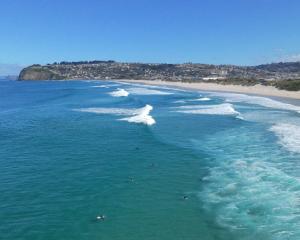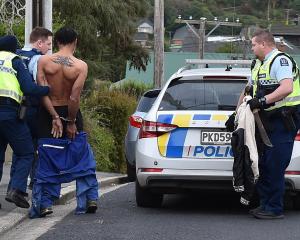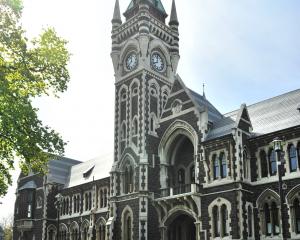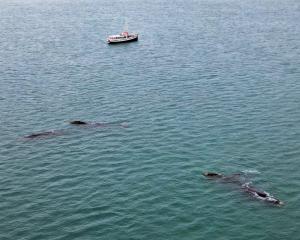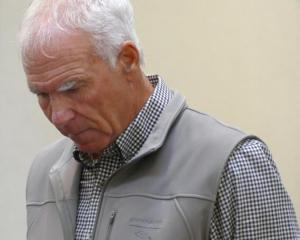The initiative is the brainchild of New Zealand Veterinarian Association's Wildlife Society president and former Wellington Zoo veterinary sciences manager Lisa Argilla, who hopes to eliminate the need to send critically injured or endangered wildlife to the North Island for expert treatment.
"We have realised that there is a shortage of wildlife veterinary support and care in the South Island, and at the moment, really sick injured animals are flown to the North Island for treatment.
"By the time the animals get to the North Island, often the success rate of their recovery can drop. There's a lot of time in travel - sometimes days - and infections can really set in.
"Some of them have such severe infections by the time they get to the North Island, we just can't save them.
"It's really tragic to have to euthanise an animal that you know would have survived if it could have had treatment a few days earlier,'' Dr Argilla told those gathered at the meeting at Otago Polytechnic this week.
She said the aim of the meeting was to gather information from "expert'' people around the South Island who have involvement with New Zealand's native wildlife.
A wildlife hospital in Dunedin would significantly improve outcomes for native wildlife in the area, she said.
It would also help the city create an international reputation in veterinary wildlife care and conservation; and support economic gains associated with Dunedin's reputation as the wildlife capital of New Zealand.
Dr Argilla believed it was possible a wildlife hospital could be up and running in Dunedin within the next six months.
However, funding would be the greatest challenge in its establishment.
Fortunately, the Otago Polytechnic had indicated an interest in hosting the hospital at their Veterinary Nursing facility, and, in return, expert wildlife vets could help train veterinary nursing students, she said.
Preliminary annual operating costs were estimated to be about $290,000 per year - $190,000 for staffing and consumables, $80,000 for lab work and about $15,000 for an X-ray machine.
She asked those at the meeting to help her in the next steps of bringing the proposal to fruition.
Those steps included finding potential funders, conducting a rigorous risk analysis and management plan, formalising an arrangement with Otago Polytechnic to use their facilities, refining the operating budget and capital expenditure needs, and develop a preliminary fundraising plan around budgetary requirements.
Dr Argilla said she was delighted with the support offered by those at the meeting, and others in the wildlife conservation sector.
"Everyone I've spoken to about this project has been very positive about it.''

